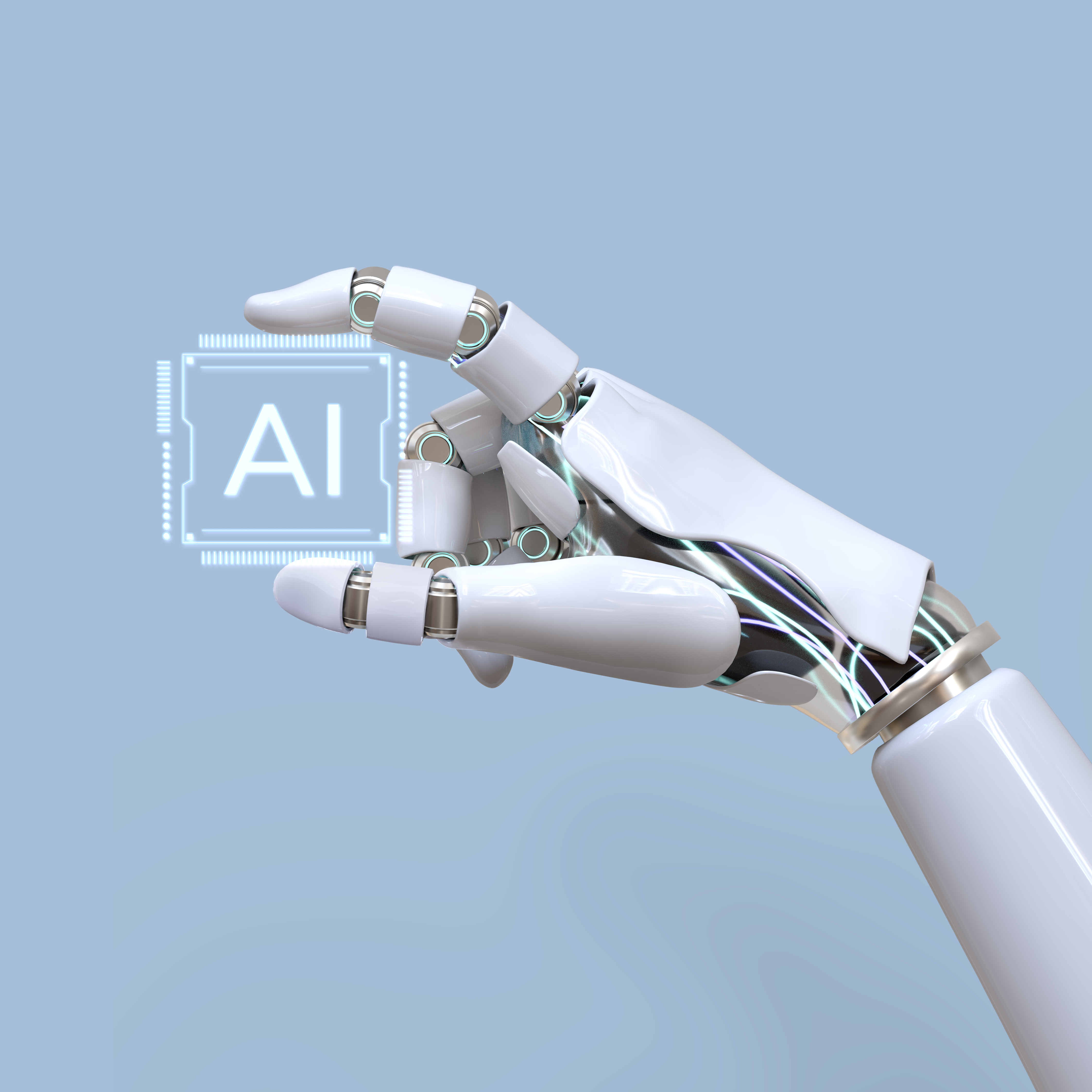How to begin a career in AI?

Artificial Intelligence (AI) refers to the simulation of human intelligence in machines or computer systems. It involves the development of algorithms, software, and hardware that enable machines to perform tasks that typically require human intelligence. AI systems are designed to mimic various cognitive functions such as problem-solving, learning, reasoning, perception, and decision-making. Custom web development often integrates AI capabilities to enhance user experiences and automate various processes on websites and web applications.
AI is used for a wide range of applications and purposes due to its ability to process and analyze large amounts of data, make predictions, automate tasks, and adapt to changing circumstances. Here are some common reasons why AI is used:
- Automation: AI is used to automate repetitive and time-consuming tasks, reducing the need for human intervention. This can lead to increased efficiency and cost savings in various industries, such as manufacturing, logistics, and customer service.
- Data Analysis: AI can analyze vast amounts of data quickly and accurately, uncovering patterns, trends, and insights that may be difficult for humans to detect. This is particularly valuable in fields like finance, healthcare, and marketing for data-driven decision-making.
- Predictive Analytics: AI can make predictions based on historical data and current inputs. Businesses use AI to forecast customer behavior, demand for products, and financial market trends, among other things.
- Natural Language Processing (NLP): AI-powered NLP allows computers to understand, interpret, and generate human language. This technology is used in chatbots, virtual assistants, and language translation services.
- Computer Vision: AI enables machines to interpret and understand visual information from images and videos. This is used in applications like facial recognition, autonomous vehicles, and quality control in manufacturing.
- Recommendation Systems: AI algorithms are used to provide personalized recommendations to users, such as those used by streaming platforms, e-commerce websites, and social media.
- Healthcare: AI is employed in medical diagnosis, drug discovery, and treatment planning. Machine learning models can analyze medical images, predict disease outcomes, and assist in drug development.
- Robotics: AI is integral to the development of autonomous robots and drones used in tasks such as delivery, agriculture, and exploration.
- Fraud Detection: AI algorithms can detect unusual patterns and anomalies in financial transactions, helping identify fraudulent activity in real-time.
- Personalization: AI is used to personalize user experiences across various digital platforms, from content recommendations to targeted advertising.
- Scientific Research: AI is applied to complex scientific problems, such as climate modeling, genomics, and particle physics, to accelerate research and make new discoveries.
- Education: AI-powered educational software can provide personalized learning experiences, adapt to individual student needs, and assess student performance.
Artificial Intelligence (AI) is revolutionizing industries and shaping the future of technology. If you're fascinated by the idea of working on cutting-edge AI projects and want to start a rewarding career in this field, you're in the right place. This blog will guide you through the essential steps to begin your journey in AI.
- Understanding the Basics
- Educational Requirements
- Online Courses and Certification
- Projects and Hands-On Experience
- Networking
- Keep Learning
- Internships and Job Search .
- Create an Online Presence
- Interview Preparation
Before diving into AI, it's crucial to understand what it is and its various subfields. AI encompasses machine learning, deep learning, natural language processing, robotics, and more. Familiarize yourself with these concepts to build a solid foundation.
To embark on a career in AI, you'll need a strong educational background. Typically, this involves:
Bachelor's Degree: Start with a bachelor's degree in computer science, mathematics, engineering, or a related field. This will provide you with the necessary programming and mathematical skills. Master's Degree: Consider pursuing a master's degree or even a Ph.D. in AI or a related discipline for in-depth knowledge and research opportunities. Programming Skills
AI heavily relies on programming languages such as Python, R, and Julia. Focus on becoming proficient in at least one of these languages, as they are commonly used for AI development.
Supplement your formal education with online courses and certifications. Platforms like Coursera, edX, and Udacity offer AI-specific courses from top universities and institutions. Earning certifications can help bolster your resume and showcase your expertise.
Hands-on experience is invaluable in AI. Start working on AI projects and build a portfolio that demonstrates your skills. You can find datasets and project ideas online to get started.
Join AI communities, attend conferences, and connect with professionals in the field. Networking can provide you with insights, mentorship opportunities, and potential job leads.
AI is a rapidly evolving field, so continuous learning is crucial. Stay updated with the latest research papers, trends, and technologies to remain competitive.
Look for internships and entry-level positions in AI-related roles. Companies often hire junior AI engineers, data scientists, or machine learning engineers. Tailor your resume to highlight your relevant skills and projects.
Establish an online presence by sharing your AI-related work on platforms like GitHub and LinkedIn. This can help potential employers discover your skills and expertise.
Prepare for AI-related interviews by studying common AI algorithms, data structures, and problem-solving techniques. Practicing coding challenges on platforms like LeetCode and HackerRank can be beneficial.
Starting a career in AI requires dedication, continuous learning, and practical experience. Follow these steps to build a strong foundation, develop your skills, and position yourself for a successful and fulfilling career in the exciting world of artificial intelligence. Remember that AI is a field of innovation, so stay curious, be creative, and embrace the challenges along the way. Your journey in AI is bound to be an exciting and rewarding one.
